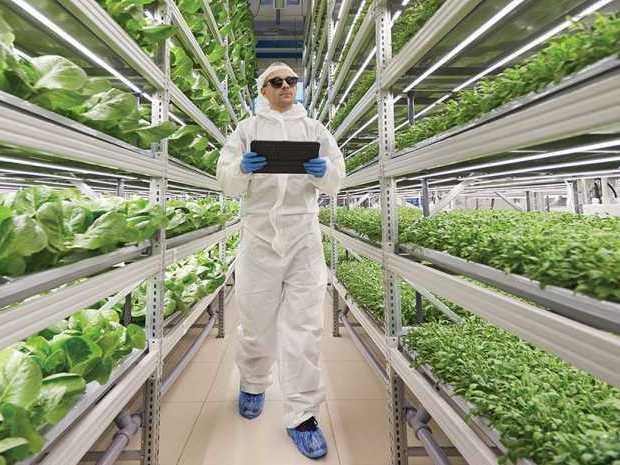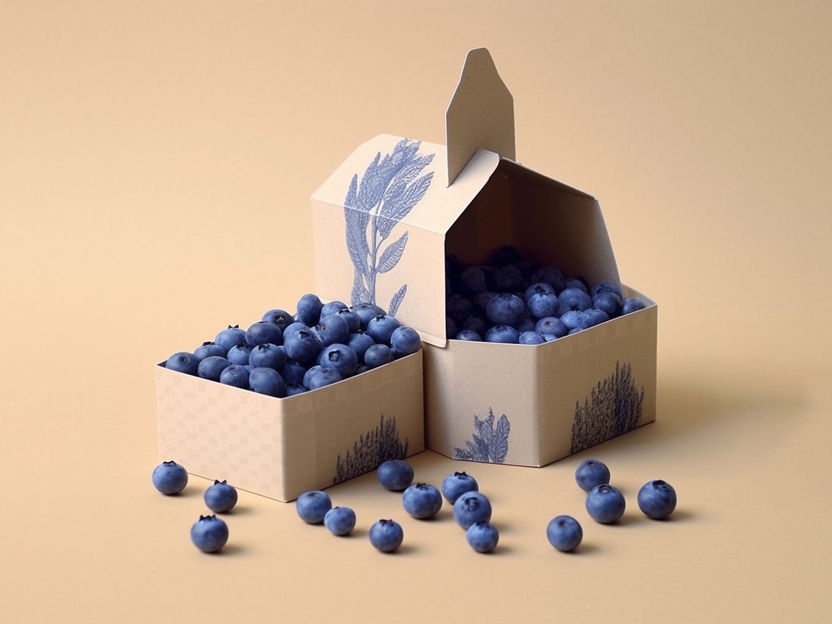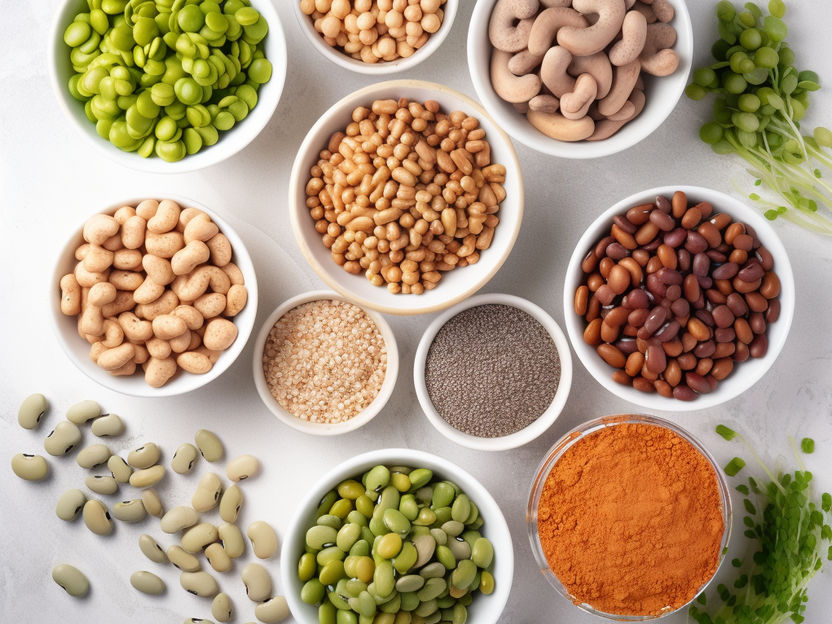Fresh herbs from factory halls and bunkers
From the factory hall and not the field: ETH spin-off YASAI should soon be harvesting 20 tonnes of herbs a year from an indoor facility. Their “vertical farming” method offers ecological benefits in particular, as more can be produced with fewer resources.

This is how the founders of the ETH spin-off YASAI envision the future of agriculture.
YASAI
Mark Zahran’s grandfather drove a tractor on the fields of the Swiss Plateau near Bern. Now, in an open-plan office in Zurich, Mark himself is working on what the agriculture of the future might look like. “Our ecological footprint depends to a large extent on how we produce our food,” Zahran says from his building’s small forecourt, with the Sihl River rushing by just a few metres away. He goes on: “We also need solutions for feeding a global population of 10 billion sustainably by 2050.”
Zahran, who graduated with a Master’s degree in architecture from ETH two years ago, is one of the founders of YASAI. Yasai means vegetables in Japanese and indicates the direction this new type of agriculture is set to take. With the future technology of vertical farming, crops will no longer be grown outdoors in the fields, but indoors in high-rise buildings or high-ceilinged halls: vegetables, lettuces and herbs will grow stacked on top of each other on multiple rows of shelves. What’s special about this method is that the plants thrive not in soil, but in nutrient-rich water. The room’s climate – light, temperature, irrigation – is regulated automatically, with artificial intelligence helping to maintain the ideal conditions.
More yield, less consumption
With all the advantages it brings, this new way of growing vegetables has a bright future. For one, production under artificial conditions is much more resource‑efficient than farming in the field. “Over the same area, our yield is 15 times greater while using 95 percent less water,” Zahran explains. In addition, no pesticides are needed, and because cultivation takes place in populated areas, there are no costs for transport that damages the environment. “Our products are even better than organic because we produce more sustainably. We make more from fewer resources, and can guarantee no pesticides,” Zahran says.
More so than other vertical farming start-ups, YASAI is committed to the circular economy. In fact, the biggest problem with vertical farming is the energy needed to heat the halls to 25 degrees and to power the lamps used in place of sunlight. “That’s why we use waste heat for heating and energy-saving LED lamps for lighting,” Zahran says. In addition, YASAI recycles organic waste for cultivation and derives fertiliser from waste water.
Zahran got the idea for YASAI on a study trip to Mexico City, where he read a book by vertical farming pioneer Dickson Despommier. For his Master’s thesis, Zahran then searched for spaces in Switzerland suitable for vertical farming. He found plenty: “Unused factory halls with high ceilings abound here, and underground bunkers are also quite suitable,” he says. At the end of 2020, Zahran founded a company together with his half-brother Stefano Augstburger and environmental engineer Philipp Bosshard, and the three honed the concept for their first vertical farm.
Harvest the first herbs
Soon they want to harvest the first fruits of their labour – or rather, the first herbs. From next autumn, YASAI will be growing basil, peppermint, coriander and the like in a factory hall in Niederhasli that covers more than 1,000 square metres. The company also aims to cultivate unusual herbs such as mizuna or shiso green. If everything goes according to plan, the first harvest will take place six weeks later. From that point, around 20 tonnes of herbs will be sold each year. The pilot project is made possible by a partnership with the agricultural cooperative Fenaco, which is one of the start-up’s investors.
But why the focus on herbs? “We opted for products that are mostly flown into Switzerland and are profitable, too,” Zahran says. After all, sustainable cultivation is all very well and good, but the start-up also has to be able to survive on the market. In principle, vertical farming is possible for any type of vegetable or fruit, “but we can’t compete with cheap hot peppers from Spain yet,” Zahran says.
And Niederhasli is just the beginning. After all, if the agriculture of the future is to make a genuine difference, it will have to gain global acceptance – especially in regions where water or fertile arable land are scarce. “Vertical farming means local production, so we grow where people consume,” Zahran says. For this reason, his aim is for his products to compete primarily with imports. Part of YASAI’s business model is also to build and operate vertical farms on behalf of customers.
Protective suit instead of sun hat
Ten employees in the Zurich office are mulling over how the vegetable cultivation of the future can be both ecological and cost effective. They are already working on a facility that will be ten times larger than the one in Niederhasli. But this new way of growing vegetables could also benefit the palate. That’s because in a controlled environment, even herbs with more unusual flavours, like lemon basil or chocolate mint, can thrive.
So will farmers of the future manage their seeds on the computer instead of driving out to the field with a tractor like Zahran’s grandfather? It may come to that, but for the time being, one thing will not change: harvesting is done by hand. The difference is that the pickers of the future will not be wearing sun hats, but instead full-body suits, goggles and gloves, as this is the only way to prevent pests from entering the hall.
Other news from the department business & finance
Most read news
More news from our other portals
Something is happening in the food & beverage industry ...
This is what true pioneering spirit looks like: Plenty of innovative start-ups are bringing fresh ideas, lifeblood and entrepreneurial spirit to change tomorrow's world for the better. Immerse yourself in the world of these young companies and take the opportunity to get in touch with the founders.
See the theme worlds for related content
Artificial intelligence (AI) for food and beverages
Artificial intelligence (AI) is optimizing the food and beverage industry through automated quality control and more accurate demand forecasting. AI plays a particularly important role in product development by analyzing taste preferences and market trends. This allows new products to be developed that are better tailored to consumer needs, increasing efficiency and customer satisfaction.

Artificial intelligence (AI) for food and beverages
Artificial intelligence (AI) is optimizing the food and beverage industry through automated quality control and more accurate demand forecasting. AI plays a particularly important role in product development by analyzing taste preferences and market trends. This allows new products to be developed that are better tailored to consumer needs, increasing efficiency and customer satisfaction.


































































